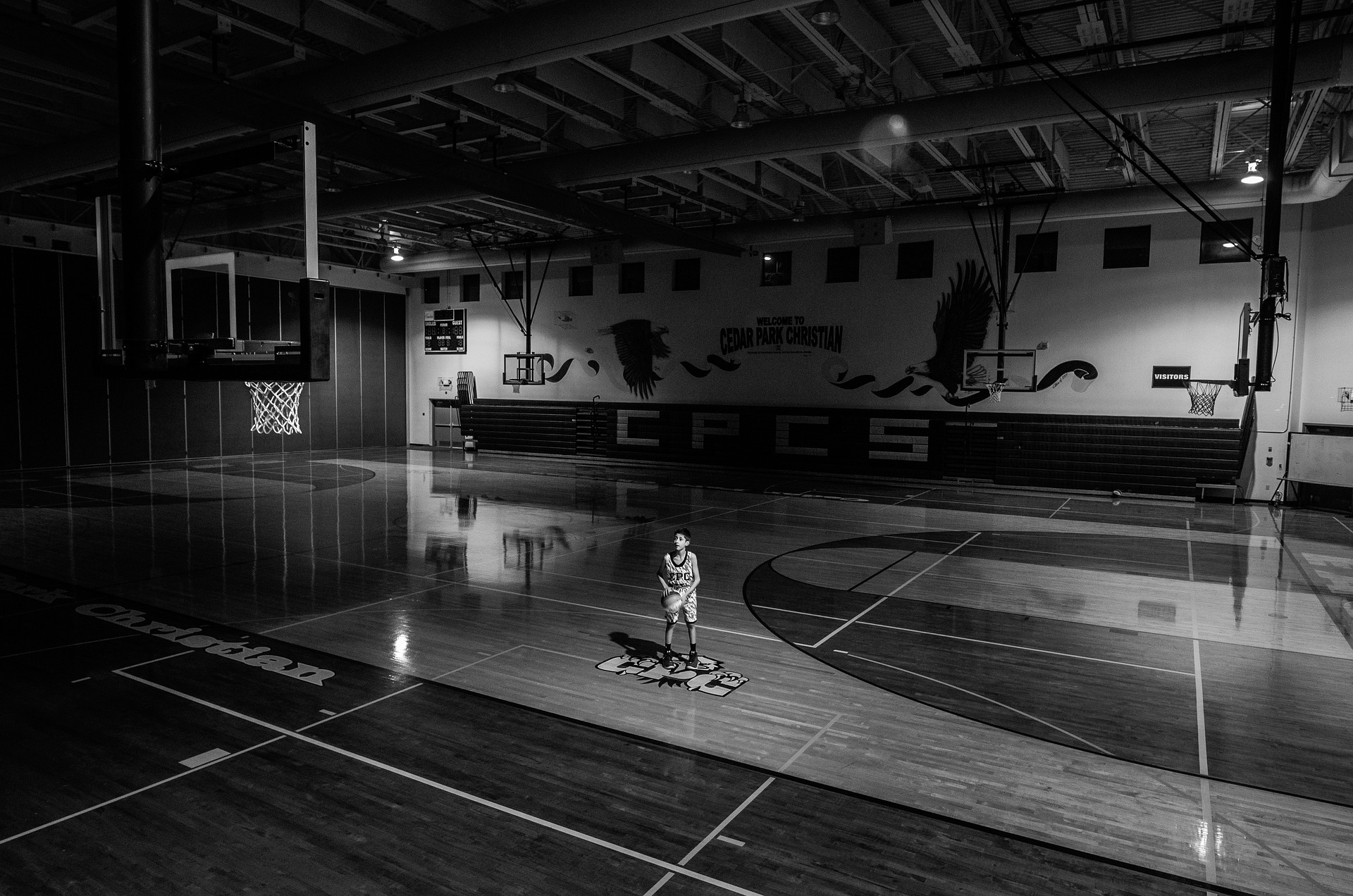Building Mental Strength in Athletics: A Psychological Approach to Peak Performance
Imagine the moments before a crucial game, the weight of expectation, the pressure of performance — how does an athlete maintain absolute focus? This article delves into the relatively uncharted waters of sports psychology developing mental strength for peak athletic performance.
Tactics: A Mind Game
A solid psychological core can drive athletes beyond their physical constraints. To catalyze this mental prowess, use mind-body strategies such as visualization, positive self-talk, regular mental skills training sessions, and mindfulness—all proven to bolster athletic performance.
The Science Behind Mental Strength
The association of psychology and sports is not mere guesswork but a field backed by extensive research. Studies reveal that an athlete’s mental fitness significantly influences their on-field performance. Psychological preparation, productively handling stress and pressure, develops traits like grit, resilience, and mental toughness, heralding a decisive edge in competitive sports.
Incorporating Psychological Conditioning in Training
An athlete’s training regimen should not just be physically rigorous but incorporate mental strength-building exercises. Regular exercise like meditation, setting specific goals, deep breathing, or relaxation exercises can help develop a strong psychological framework—an insurance against unexpected game-day disruptions.
The Art of Psychological Recovery
Failure and defeat are inherent to any sport. Athletes should learn to manage setbacks and instill a positive approach to failure—a hard-fought match loss is not a catastrophic failure but an opportunity to learn and grow. Sports psychologists emphasize psychological recovery strategies to thrive after defeat and to build unwavering resilience.
Inspiring Cases: The Mentally Strong Athlete
Many successful athletes openly discuss psychological conditioning’s role in their achievements. Tennis icon Novak Djokovic’s remarkable turnaround is attributed to his mindset changes, backed by mindfulness practices. American swimmer Michael Phelps, the most decorated Olympian of all time, credits visualization for his remarkable performance under pressure.
Physical ability and talent may make an athlete, but mental resolve makes a champion. As sports science steadily embraces psychology’s crucial role, the future of athletics could well be as much a mental game as a physical one. Therefore, coaches, trainers, and athletes themselves must value and integrate psychological conditioning in the arena of sports.





